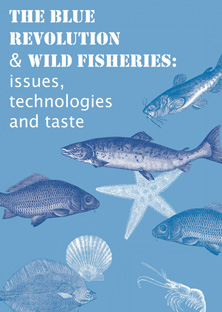


Through these eclectic sources, he sparks curiosity, then answers the inevitable questions that arise with logical, humble prose.Īt times, Safina crafts sentences that provide nearly melancholy insight: “Blessed are the passionless, for they need not painkillers,” he wrote about humanity’s ambivalence to the destruction of the sea. Still, interspersed between these poetic descriptive sentences are quotes from Emerson, Thoreau, and Chief Joseph, as well as scientific information, interviews, and observations. “are excruciatingly beautiful, a living embroidery of motion through the ocean’s wrinkled cloth.” His words transcend mere description they are a love letter to the ocean. As a reader, I couldn’t help but admire his musings on the dolphins’ “fluid maneuvers.

As a result, we as the audience come to view the ocean as not some uniform piece of blueness but a vibrating, pulsing, living being whose waters nourish the world. To Safina, the ocean assumes a multitude of detailed forms, shedding one only to don another. In it, Safina documents his odyssey through the world’s waters in such a way that, like in Melville’s ode to the whale, his love and respect for nature is contagious. Song for the Blue Ocean is Carl Safina’s ode to the majestic, dying seas.


 0 kommentar(er)
0 kommentar(er)
